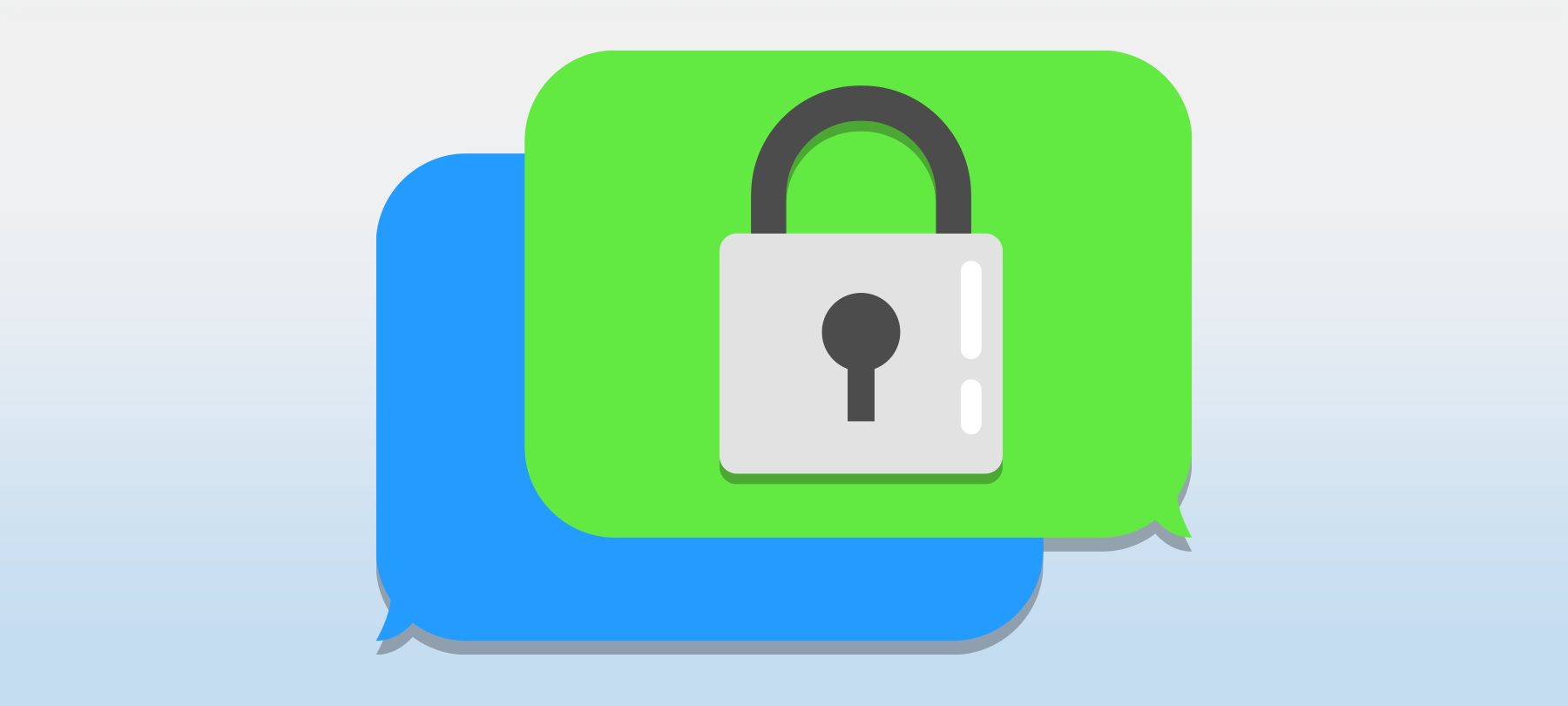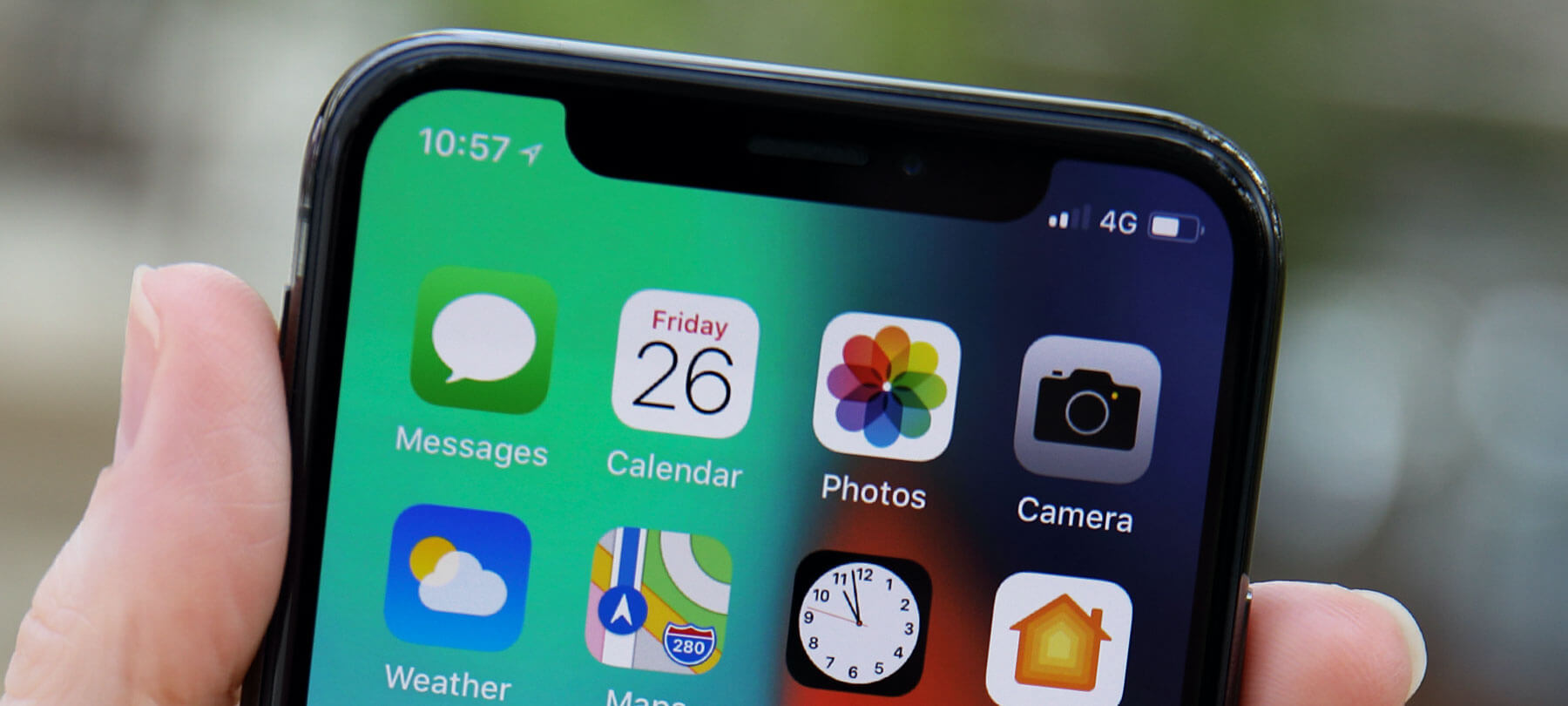
Four Apps for Helping Others
The Covid-19 pandemic has created an enormous amount of stress and uncertainty. It’s understandable: We’re worried about our relatives, nervous about the state of the economy, and concerned for our own health. We all want to know when things will return to normal, but there is no clear answer to that question.
There’s a lot that is out of our control. At times like this, many people find that doing something to help others — taking positive action to bring some good into the world — can actually help to alleviate anxiety and to lift one’s spirits.
At the moment, you can’t volunteer at a soup kitchen or visit the elderly, but there are ways to do good remotely. In what follows, we’ll introduce four iOS and Mac apps that can help you make the world a better place — even while you’re stuck at home.
- 1
Be someone’s eyes
The Be My Eyes app for iOS or Android lets you help visually impaired people with day-to-day tasks using your mobile device. The app connects a blind or low-vision person with an available volunteer via video call, allowing the volunteer to help with things like distinguishing colors, reading expiration dates or instructions, or navigating unfamiliar surroundings. With over 3 million volunteers and support for 180+ languages, Be My Eyes is a well-established way to make someone else’s life a little bit easier — without ever leaving home.
- 2
Fold for a cure
Folding@Home is a distributed computing project that uses the donated processing power of volunteers’ computers to conduct disease research. Run by the Washington University in St. Louis School of Medicine, Folding@Home works to find cures for cancers, neurological diseases, and infectious diseases — including Covid-19. The project’s name refers to the complex molecular arrangement, or “folding”, of proteins in cells and viruses. Researchers model these structures using computer simulations in order to look for cures, but this requires a tremendous amount of computing power — which is why volunteers are needed. Folding@Home can be installed as a macOS, Windows, or Linux app. It runs in the background, drawing on unused computing power to do its work and allowing you (through your CPU) to contribute to important medical research.
- 3
Donate spare change
RoundUp is an iOS app that lets you round up your online purchases and donate the extra coin to charity. After you sign up, the app makes a note of how much to round up each time you buy something, keeps a running total of all the “spare change”, and then makes a single donation at the end of the month to the charity of your choice. In terms of security, the developers say that card and bank information are never stored on their servers, payment processing is done through Stripe, and the account link API is the same one used by Venmo. You can set a cap on your monthly donation amount, and cancel at any time. If you’re fortunate enough to have extra cash on hand, and are looking for a way to make a difference with all that online buying you’re doing these days, RoundUp may be worth considering.
- 4
Become a citizen researcher
The Zooniverse iOS app lets you participate in scientific and humanities research using your mobile device (there is also a companion website if you prefer). Zooniverse lets you explore ongoing research projects that require the help of volunteers, and then contribute to the work in your spare time. You don’t need any special skills or academic background to join. In many cases, the work consists of pattern recognition and image classification: the kind of tasks that human beings still perform far better than computers. With the help of Zooniverse volunteers, researchers are able to analyze large data sets far more quickly than they could on their own. You may not want to spend all day looking at images of galaxies, but it can be a relaxing way to keep those “swipe left” muscles from atrophying — and advance the cause of human knowledge in the bargain.
The above apps are a great place to start — but they only represent a tiny fraction of the possibilities for doing good online. In addition to apps, there are a number of standalone websites that offer remote volunteer opportunities. Catchafire is a website that matches skilled volunteers to nonprofits who need help with specific projects. The United Nations has an online volunteering portal where you offer your skills to organizations all around the world, and especially in developing nations — from translating and teaching to graphic design and software development.



